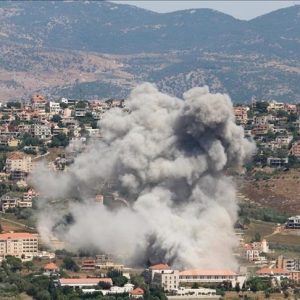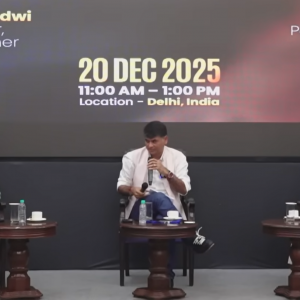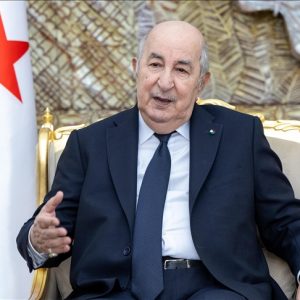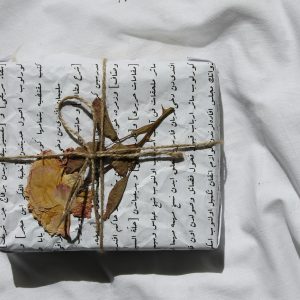Pakistan picks up the pieces after deadly blast
Khar, Pakistan (AFP):
Pakistan police on Monday combed through the bloody wreckage of a suicide blast that killed at least 44 people at a religious party’s political gathering on Sunday.
Around 400 members of the Jamiat Ulema-e-Islam-Fazlur Rehman group (JUI-F) — a key government coalition partner led by a religious cleric — were waiting for speeches to begin when the attacker detonated his vest near the front stage.
“I was confronted with a devastating sight — lifeless bodies scattered on the ground while people cried out for help,” Fazal Aman, who was near the tent when the bomb went off, told the media.
The attack occurred in the town of Khar in the northwestern Bajaur district, just 45 kilometres from the Afghan border, in an area where militancy has been rising since the Taliban took control of Kabul in 2021.
Pakistan’s parliament is likely to be dissolved after it completes its term in the next two weeks, with national elections to be held by mid-November or earlier.
No group has claimed responsibility for the attack, but the Pakistani Taliban (TTP) — who operate in the area — have denied being behind it.
The local chapter of ISIS, who have not yet commented on the attack, have in the past targeted JUI-F rallies and leaders.
Election violence fears
On Monday, blood-stained shoes and prayer caps littered the site, along with ball bearings and steel bolts from the suicide vest.
Pieces of human flesh could still be seen, blasted 30 metres (100 feet) from the stage where the bomber detonated his device.
Thousands of mourners attended the first funeral ceremonies, including for two young cousins aged 16 and 17.
“It was not easy for us to lift two coffins. This tragedy has shattered our family,” said Najib Ullah, the brother of one of the boys.
“Our women are profoundly shocked and devastated. When I see the mothers of the victims, I find myself losing my own courage.”
The blast has raised fears Pakistan could be in for a bloody election period following months of political chaos and economic crises.
JUI-F’s leader, Maulana Fazl-ur-Rehman, started political life as a scholar and preacher of religion, and remained active in politics for decades. However, in recent years he has forged alliances with secular rivals.
He has operated in the past as a facilitator for talks between the government and the Tehreek-e-Taliban Pakistan (TTP), which happens to be a rival of ISIS.
Last year, ISIS said it was behind attacks against religious scholars affiliated with JUI-F, which has a huge network of mosques and schools in the north and west of the country.
The radical violent group accuses the party of “hypocrisy” for being a religious party while supporting secular governments and the military.
“It is important to consider why workers of a religiously inclined political party could have been subjected to such bestial violence,” Dawn newspaper said in an editorial on Monday.
“However ultra-conservative the JUI-F’s worldview, the party has chosen to contest power and operate within the parameters set by the Constitution of Pakistan” — which is something that the ultra-radical groups that have espoused violence like ISIS reject altogether.










